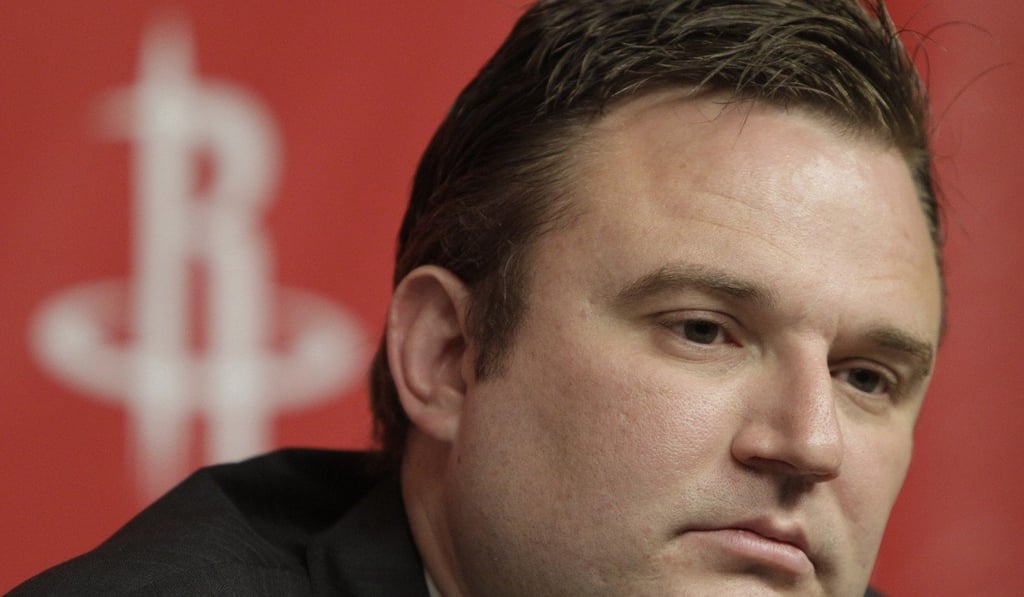Advertisement
Opinion | NBA crisis, Mesut Ozil and Sun Yang: China wins in year of sport scandal and crisis
- Houston Rockets star James Harden being stopped by Shanghai police in the summer a fitting metaphor for the NBA’s China crisis
- Premier League footballer Mesut Ozil latest to offend Beiing after social media posts on Xinjiang
Reading Time:3 minutes
Why you can trust SCMP
0

This was a year where overseas sports had to set their relationship status with China to “It’s complicated”.
It might even be that 2019 will come to be seen as the watershed moment for those hoping to get their slice of China, when everyone learned there was only ever going to be one winner.
The NBA found that out to its cost. Just as they found when it comes to China, sport and politics are inextricably linked.
This lesson came following a tweet from Houston Rockets general manager Daryl Morey expressing his personal support for the anti-government protests in Hong Kong.

Morey tweeted an image with the words “Fight for freedom. Stand with Hong Kong” and those 40 characters threatened to undo a four-decade-old relationship between the NBA and China.
Advertisement
